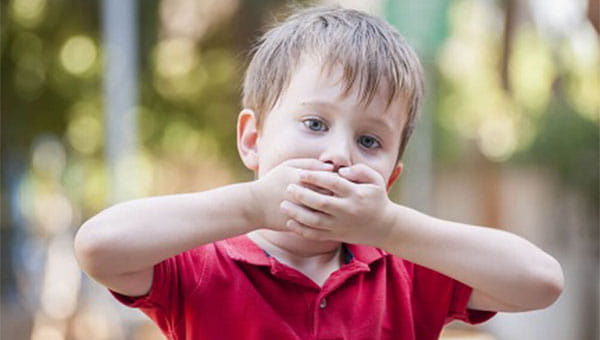Have you (hiccup), ever tried (hiccup), to have a (hiccup), conversation (hiccup), with the hiccups? While usually short-lived, hiccups can be annoying. Everyone has a remedy or two for hiccups, but what else do we know about hiccups?
Affecting everyone, from babies to adults, synchronous diaphragmatic flutter, or hiccups, occur when the voice box and diaphragm suddenly contract and the vocal folds close. This causes a quick block of air flow. The diaphragm sits beneath the lungs and is the main muscle used for breathing. When it contracts with your voice box, it causes the familiar “hic” sound.
Causes
Sometimes hiccups start and stop for no obvious reason. However, often they can be attributed to something irritating your diaphragm. Some of these causes include:
- Eating or drinking too quickly
- Eating or drink too much
- Excitement or heightened emotion
- Sudden changes in temperature
- Drinking carbonated drinks or alcohol
For those who experience persistent or recurring hiccups, the causes may include:
- Some medications (steroids or tranquilizers)
- Conditions that irritate the nerves that control the diaphragm (diabetes, asthma, gastritis, goiter, head trauma)
Treatments
Ask a dozen different people how to cure the hiccups and you’ll get a dozen different answers. If you stand on your head, guzzling water and humming “Mary Had a Little Lamb,” your hiccups will go away. For the occasional bout of hiccups, try the following:
- A spoonful of sugar – This isn’t just for Mary Poppins. A teaspoon of sugar is enough to stimulate the vagus nerve and make the body forget about the hiccups.
- Holding your breath or breathing into a paper bag – This increases the carbon dioxide in your lungs, which causes the diaphragm to relax.
- Gargling ice water – Cold water will help soothe any irritation in your diaphragm.
- Pull on your tongue – By holding the end of your tongue with your fingers and slightly tugging, you stimulate the vagus nerve, which eases the diaphragm spasms and stops the hiccups.
None of the above are tried and true methods for treating hiccups, but may be effective for some. To help prevent hiccups from occurring, try eating slowly, drink non-carbonated beverages and avoid chewing gum. For persistent or recurring hiccups, talk with your primary care physician.




